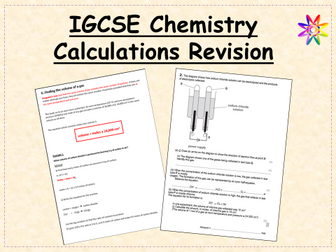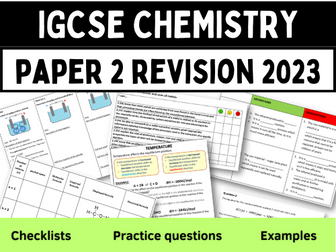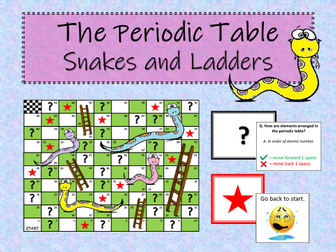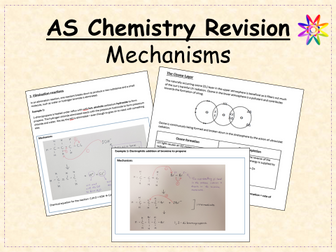GCSE Chemistry - Calculations Revision Booklet
This resource includes some theory, example questions with worked out answers and past exam questions (edexcel).
Finding the mass of atoms, compounds and molecules
Finding the mass of products from a reaction
Finding the percentage of an element in a compound
Finding the empirical formula from a reaction
Finding the molecular formula of a compound
Finding the volume of a gas
Finding the mass or volume from electrolysis
Finding the concentration of a solution (titration calculations)
Calculating percentage yield
Calculating the water of crystallization
Calculations involving excess reactants



